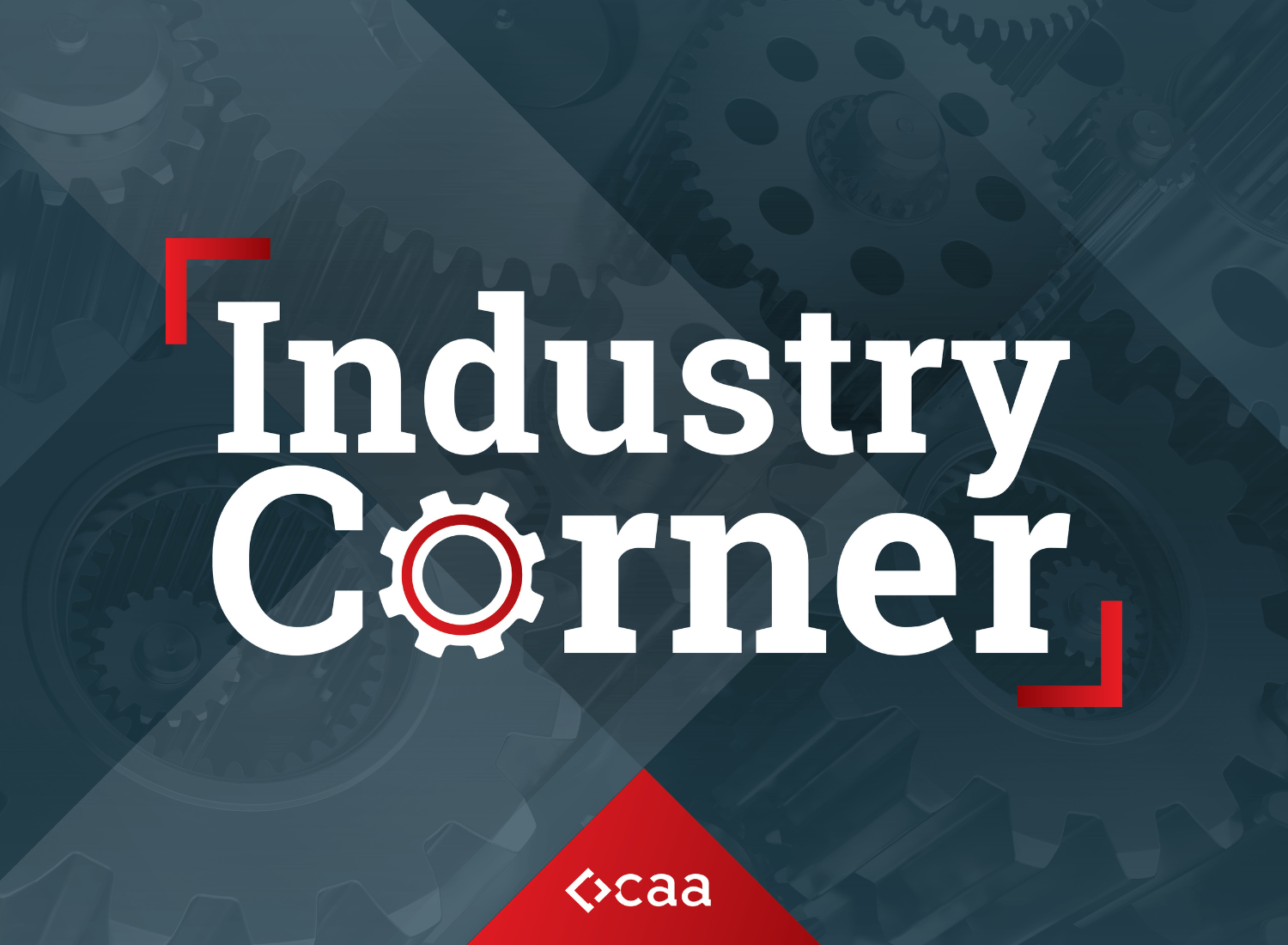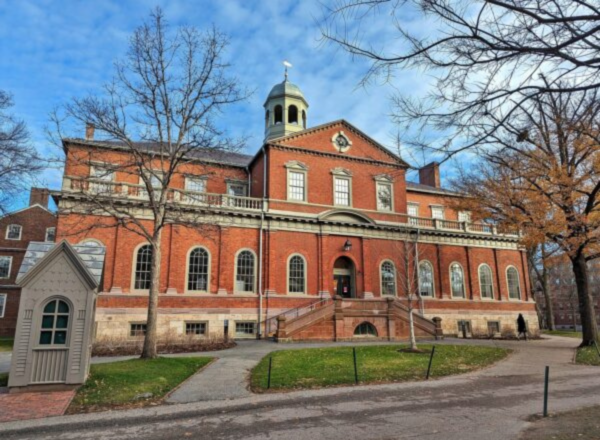New Jersey higher ed leaders on transformational change in enrollment
Writer: Esteban Pages
 October 2023 — Despite the ripple effects of the pandemic on higher education enrollment, the Garden State managed to increase its student population over the past year. According to the latest figures of the National Student Clearinghouse Research Center, New Jersey had 331,114 enrolled college students in spring 2023, a 0.8% increase compared to the previous year.
October 2023 — Despite the ripple effects of the pandemic on higher education enrollment, the Garden State managed to increase its student population over the past year. According to the latest figures of the National Student Clearinghouse Research Center, New Jersey had 331,114 enrolled college students in spring 2023, a 0.8% increase compared to the previous year.
Invest: spoke with local higher education leaders to hear about ongoing initiatives to increase enrollment, creating a larger pool of talent for local employers and the state.
David Birdsell, Provost & Senior Vice President for Academic Affairs, Kean University
What issues is higher education facing?
A particular concern for Northern New Jersey and for the Northeastern United States in general is the narrowing number of traditional college-age students. We expect to continue to see erosion among the 16- to 24-year-old cohort for pretty much the balance of this decade. It will begin to recover toward 2028 or 2029. Any university that narrows its focus solely to those first-time, traditionally-aged freshmen will have a demographic problem to deal with. You have to get an ever-larger share of that dwindling population just to maintain your enrollment numbers. We are taking very seriously the Governor’s initiative to provide those roughly 1 million New Jerseyans who have some higher education, but not college degrees, with the opportunity to complete their college degrees. These might be people in their late 20s, their 30s, their 40s and older who got jobs at a period when they didn’t need a college degree to advance in whatever organizations they joined. We’re happy about the fact that the fastest-growing population at Kean is in our division of transformational learning, which is our online operation that focuses on degree completion for people with some Baccalaureate credits, but not the degree. We think that that provides huge value to New Jerseyans, not only in the immediate area but potentially anywhere in the state and, indeed, to Americans all around the country.
This has been a period of transformational change at Kean University. We have hired more than 100 tenure-track faculty members in the last two fall cycles — fall 2021 and fall 2022, which has created an enormous infusion of talent for the university, both in terms of our teaching roles and our ability to do research. They allow us to address many of the topics of interest to our students and to our partners around Northern New Jersey, in a wide variety of areas. We have been building our computer science capacity and we now have a nationally recognized Cybersecurity Center. All of these things are the product of the strong investment that we’ve made in the human capital that makes research work.
 Nariman Farvardin, President, Stevens Institute of Technology
Nariman Farvardin, President, Stevens Institute of Technology
Have there been any significant shifts in enrollment in recent years?
The nature of the challenges is different depending on the institution, but the demographic trends and the perceived value of a college degree have resulted in enrollment declines overall. Universities serve students, and if the students are not enrolled in adequate numbers, then a major question arises: What is the reason for the existence of the number of universities that we have in the United States? The second issue is that higher education needs to remain focused on its value proposition. Institutions need to be able to justify to students that the education they receive has a value that justifies the investment of time and money that they and their families have made. If that is not obvious, then students will seek other alternatives.
At Stevens, we are very strong believers that as a comprehensive university, we need to provide a first-rate education in all disciplines — an education that will prepare graduates not only for the job they will enter in 2023, but with the technology orientation, problem-solving skills, entrepreneurial approach and continuous learning mindset that will help them to be successful over the course of their career. We believe technology is the key driver of human progress and we aim to empower our graduates with the ability to utilize technology to create a better world, regardless of their major. Over the course of the past 12 years, the demand for undergraduate education as measured by the number of applications has gone up 294%. Similarly, at the graduate level, the demand for our programs has gone up 347% over the same period. Employer demand for Stevens graduates continues to grow: 97.3% of the Class of 2022 secured their desired outcome — a job or admission into graduate school — within six months of graduation with an average starting salary of $84,700. The loan default rate for Stevens graduates is 0.4%. We have invested more than $500 million in our campus infrastructure, including two state-of-the-art new buildings — one academic and a university center and residential complex.
Craig Arnold, Vice Dean of Innovation, Princeton University
What do you feel will change the game in New Jersey going forward?
Partnerships are crucial. We have been developing exciting relationships within the state of New Jersey, such as with the New Jersey Economic Development Authority (NJEDA), the New Jersey Commission on Science, Innovation, and Technology (NJCSIT) and more. Sometimes, people don’t realize the number of State programs coming online to support innovation, and Princeton is here to help where we can. For example, the NJCSIT’s cleantech voucher program subsidizes small companies’ access to core research facilities at universities like ours. You can do a lot to encourage innovation, but ultimately, to develop something tangible, you need “stuff,” like access to space and specialized equipment that can be difficult for startups to find. By making certain core facilities available, Princeton’s research and innovation efforts benefit from engaging with new people and new ideas, while our collaborators get access to the resources they need to make a difference in their research and development efforts. It is clear that State officials here in New Jersey understand and support the role academia plays in innovation and furthering society.
Top image provided by Kean University
For more information, visit:














